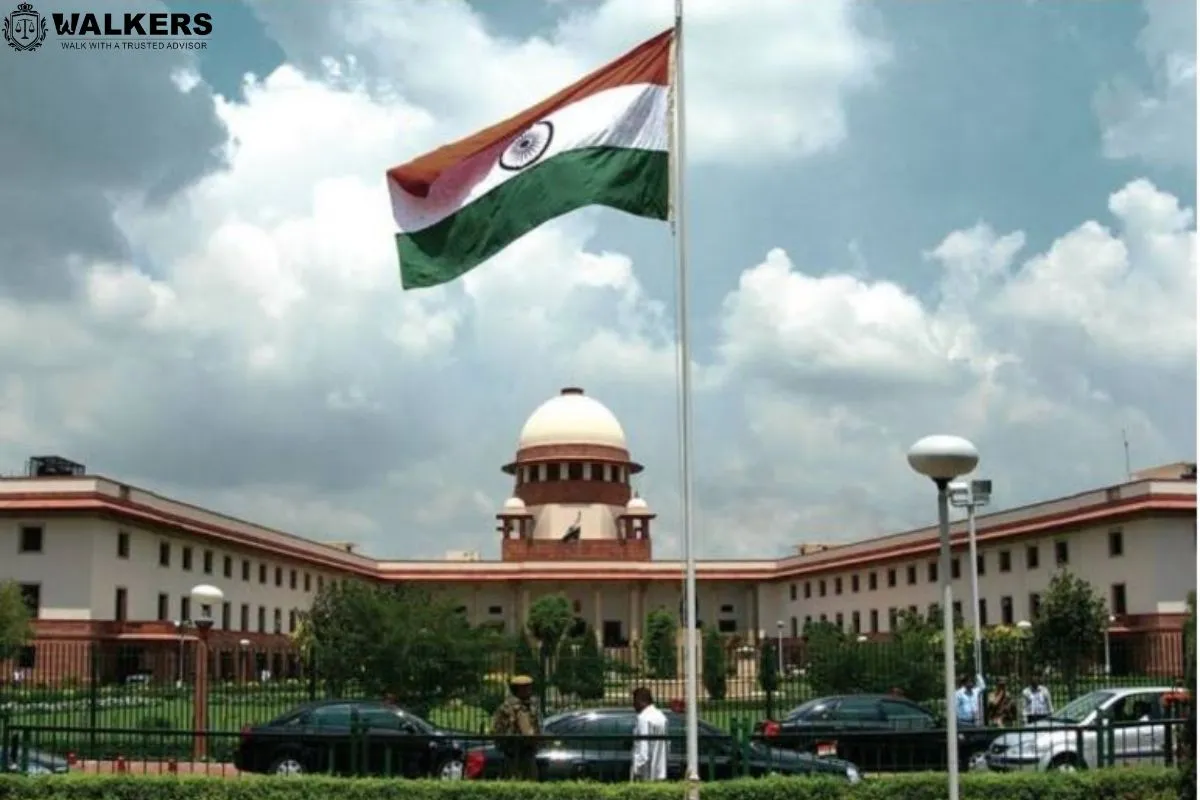


In the first quarter of this year, the Central government has made a unique move by approaching the Supreme Court in at least three cases seeking the recall of the top court's judgments and orders. Normally, the appropriate remedy against a Supreme Court judgment or order is to file a review petition. However, the power of recall is distinct from the power to review.
When considering a review petition, the Court evaluates whether any binding precedents were overlooked, if there is an apparent error in the material on record, or if the Court's decisions have caused any grave injustice. A review petition must be filed within 30 days of the original judgment or order, and it must be placed before the same bench that delivered the decision, as per the Supreme Court Rules, 2013.
On the other hand, when a court receives an application to recall its own judgment or order, it is only required to examine whether the principles of natural justice have been violated or if the court lacked jurisdiction to consider the matter. This holds true for all courts, including the Supreme Court and High Courts.
The Supreme Court currently has several significant review petitions, including those seeking review of the Sabarimala and PMLA judgments. Review petitions are typically the primary course of action for parties, including the Central and State governments, who are dissatisfied with the top court's verdicts.
However, the Central government has filed applications to recall judgments and orders in several cases. Many of these applications are before benches that did not pass the orders in question, which is not a remedy available under the Supreme Court Rules.
If any bench other than the original one decides and recalls judgments of other benches, it amounts to an intra-court appeal, which is not permissible under the Supreme Court Rules.
The Central government's move to extend the tenure of the Enforcement Directorate Director, Sanjay Kumar Mishra, has been met with legal challenges. Mishra was initially appointed as ED Director for a two-year tenure, which was extended to three years by an office order issued by the Central government just before his term ended. This move was challenged by NGO Common Cause before the Supreme Court, which upheld the tenure extension in September 2021 but barred further extensions.
Subsequently, the Parliament passed a law allowing for extensions of the ED Director's tenure, up to a maximum of five years. This was challenged before the Supreme Court by various petitioners, including leaders of the Congress and Trinamool Congress parties. In January 2023, the Central government filed an application to recall the September 2021 judgment, which was initially met with hesitation by the Court. However, a three-judge Bench finally agreed to hear the application along with the petitions, and after hearing the matter, reserved its verdict on the petitions on May 8. During the hearing, the Bench appeared to question the correctness of the 2021 judgment and expressed the need for reconsideration.
Here is an alternative version of the given paragraph:
Recent events in the Indian judiciary have raised concerns about departures from established legal principles. One example is the Central government's attempt to recall a Supreme Court verdict that granted an accused the right to default bail if an incomplete chargesheet is filed by the investigating agency. The government argued that the decision in Ritu Chhabaria v. Union of India was made in ignorance of a prior binding judgment, Dinesh Dalmia, which lays down a contrary principle of law. The Supreme Court has agreed to hear the government's plea and to list the matter before a three-judge bench. Meanwhile, all courts have been ordered to defer applications seeking default bail filed on the basis of the Ritu Chabbaria judgment, beyond May 12. This has raised questions about the accepted course of action when two benches of the same strength disagree on a point of law, which is for the disagreeing bench to refer the matter to the Chief Justice of India on the administrative side.
Another instance is the government's application to recall an interim order by the Supreme Court directing the levy of anti-dumping duty on low-density polyethylene and restricting its alleged dumping from overseas to protect the interests of domestic producers. The order was passed by a bench of Justices Krishna Murari and Sanjay Karol on April 13. However, the matter was subsequently listed before a different bench of Justices Sanjiv Khanna and MM Sundresh, which recalled the interim order. Such recalls, modifications, or clarifications through miscellaneous applications have been deprecated by the Supreme Court in the past, as they circumvent or bypass the review procedure and may indirectly obtain a hearing in the open court.
TAGS: Supreme Court recall order default bail incomplete chargesheet Criminal Procedure Code Dinesh Dalmia Chief Justice of India conflicting judgments anti-dumping duty low-density polyethylene domestic producers cheap imports Delhi Administration v. Gurdip Singh Uban Vijay Kurle.